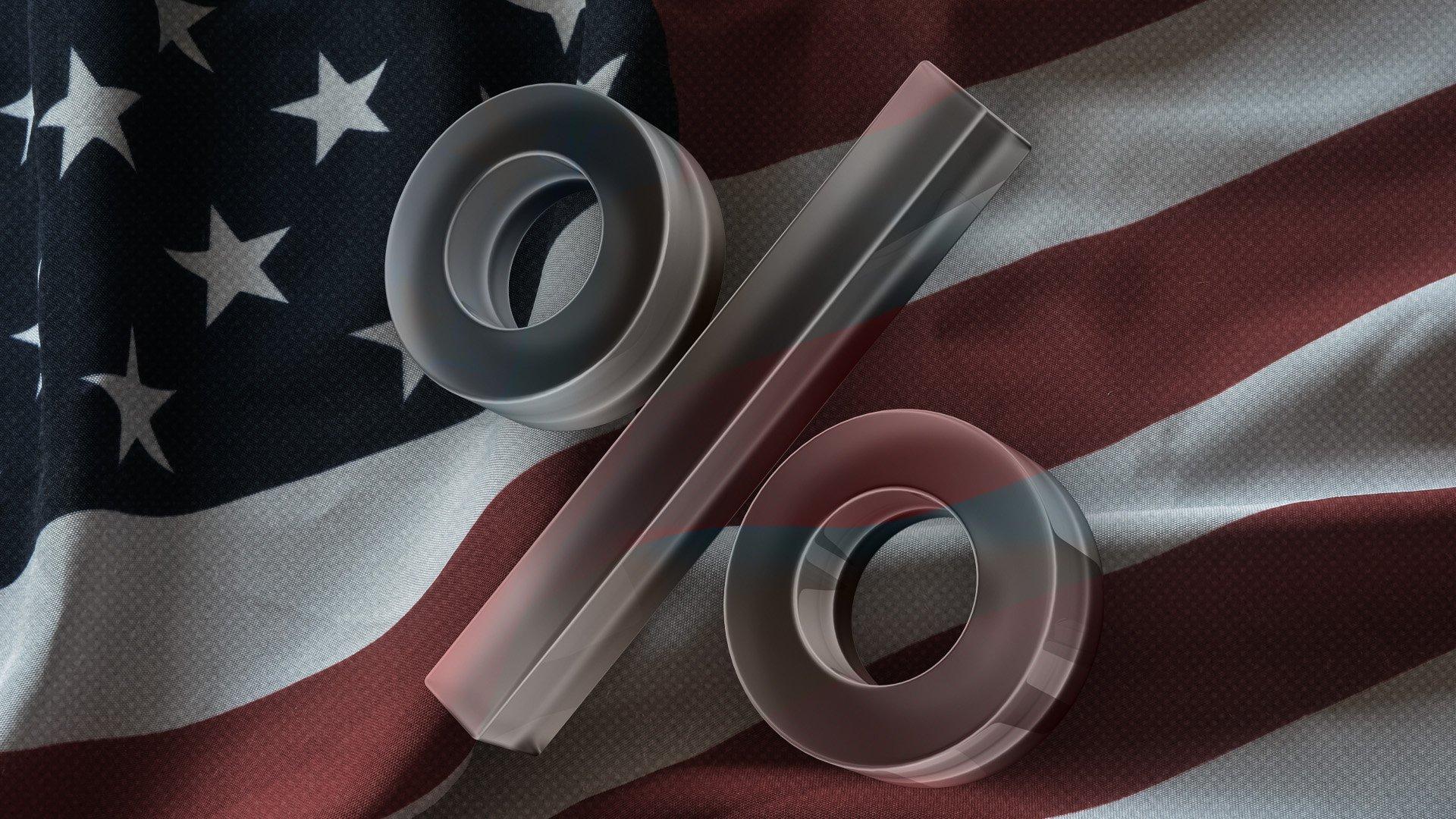The Senate’s Move to Repeal the IRS Crypto Rule: A Sea Change in Crypto Taxation
Introduction: A Turning Tide
In a significant shift in the crypto landscape, the U.S. Senate recently voted to repeal a contentious IRS rule targeting the cryptocurrency industry. This move, with bipartisan support, signals a potential sea change in crypto taxation and regulation. Let’s dive into the details, implications, and what lies ahead.
The IRS’s Controversial Crypto Rule
Finalized in the waning days of the Trump administration, the IRS rule required brokers to report gross proceeds from crypto transactions. This meant that every time a crypto asset changed hands, the broker would have to report the sale’s total value to the IRS. The crypto community swiftly criticized this rule, arguing that it was overly burdensome and could stifle innovation [1][2].
The Senate’s Resounding Vote
On Wednesday, the Senate voted 70-28 to approve a resolution that cancels the IRS rule targeting DeFi platforms. The resolution, introduced by Senator Mike Lee (R-UT) and Senator Pat Toomey (R-PA), had broad bipartisan support. The bill now heads to President Trump’s desk for his signature [3][4].
A Victory for the Crypto Community
The repeal of the IRS crypto rule is a significant victory for the crypto community. It removes a substantial regulatory hurdle that could have hindered the growth and development of the crypto industry. By making it easier for crypto platforms to operate, this repeal fosters an environment conducive to innovation [5][6].
A New Era in Crypto Taxation
The repeal of the IRS crypto rule could also usher in a new era for crypto taxation. The rule, if implemented, would have made it challenging for crypto investors to accurately report their crypto-related income to the IRS. With the rule’s repeal, crypto investors may find it easier to comply with their tax obligations, potentially leading to increased tax revenue for the government [7][8].
Looking Ahead: Collaboration and Adaptation
While the repeal of the IRS crypto rule is a positive development, it’s not the end of the story. The crypto industry will continue to face regulatory challenges. It’s crucial for the industry to collaborate with regulators to ensure that regulations are fair, reasonable, and don’t stifle innovation [9][10].
Conclusion: A New Chapter
The Senate’s move to repeal the IRS crypto rule opens a new chapter in crypto taxation and regulation. By removing a significant regulatory hurdle, the crypto industry can now operate more freely, fostering innovation and growth. As the crypto landscape continues to evolve, it’s essential for the industry to work with regulators to shape a future that’s fair, reasonable, and conducive to growth.
*Sources:*
[1] Axios
[2] The Block
[3] The Block
[4] Muck Rack
[5] Mitrade
[6] Decrypt
[7] PANews
[8] Coinbase
[9] Bloomberg Law
[10] CoinGecko





